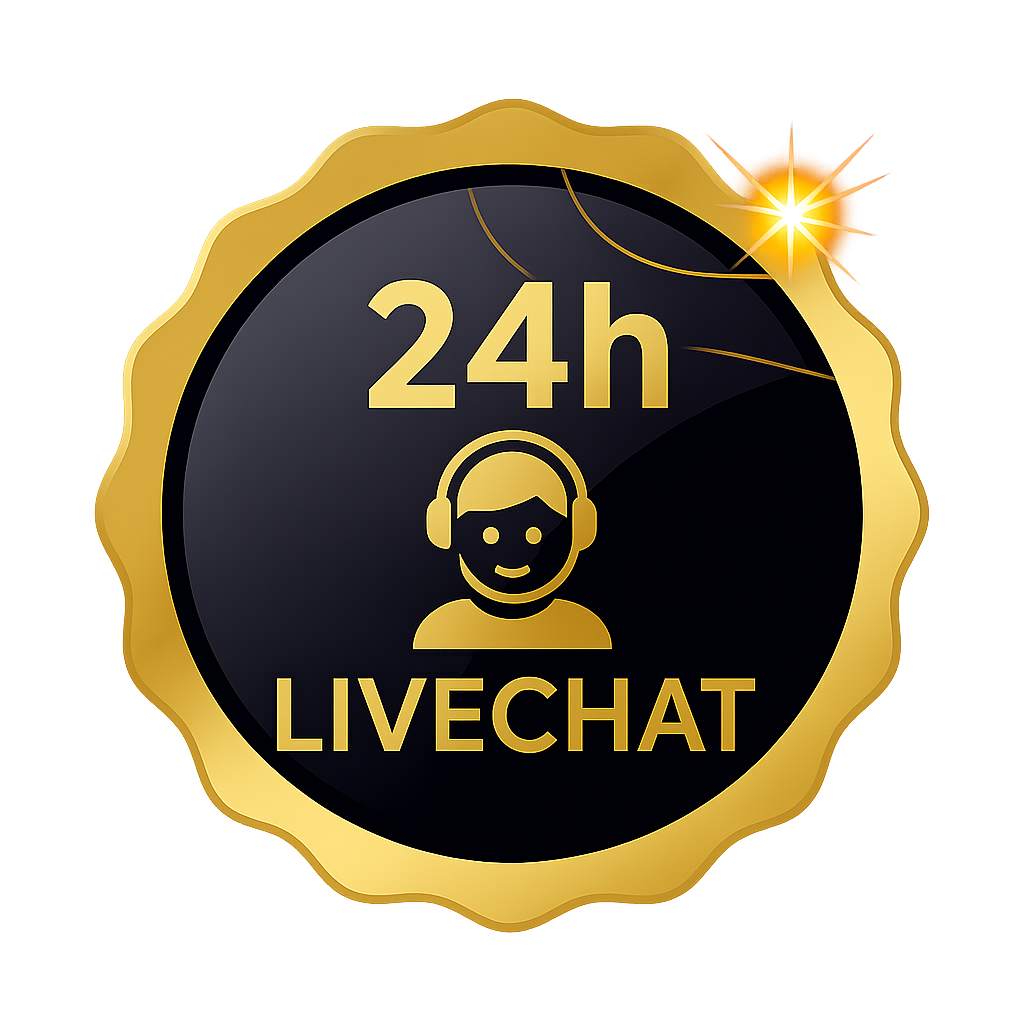Pkv Games - Portal Resmi Agen Poker Situs Judi Pkv QQ Online Terpercaya 2026
Pkv games sebagai portal resmi dari agen poker situs judi pkv qq online terpercaya tahun 2026 dengan opsi permainan terlengkap yang menarik perhatian bettor online melalui fitur dan tampilan praktis untuk dimainkan secara daring deposit uang asli. Kami sebagai agen resmi pkv games menawarkan situs rekomendasi kepada anda para bettor untuk memulai taruhan poker ataupun qq online yang aman dan fairplay.
| Informasi Terkait | ||
|---|---|---|
| Nama Game: | Pkv Games | |
| Platform: | Android, iOS, Windows, Web | |
| Kategori: | Opsi Taruh Lengkap | |
| Minimal Deposit: |
Rp 10.000
|
|

